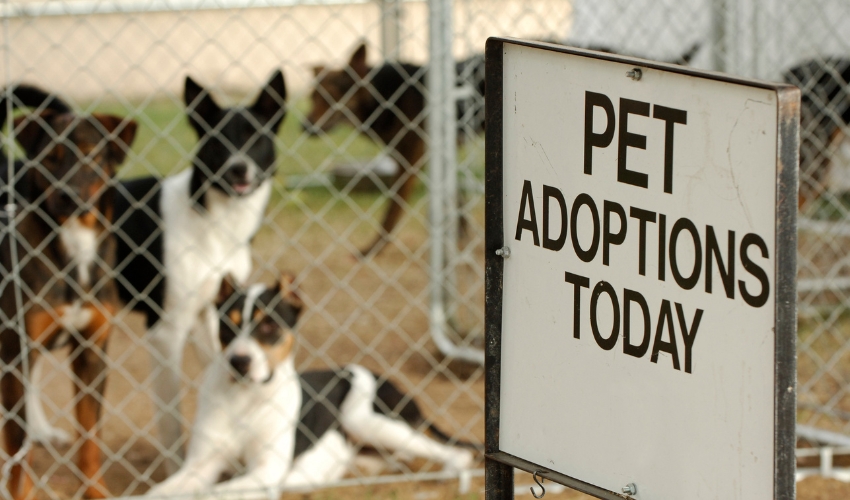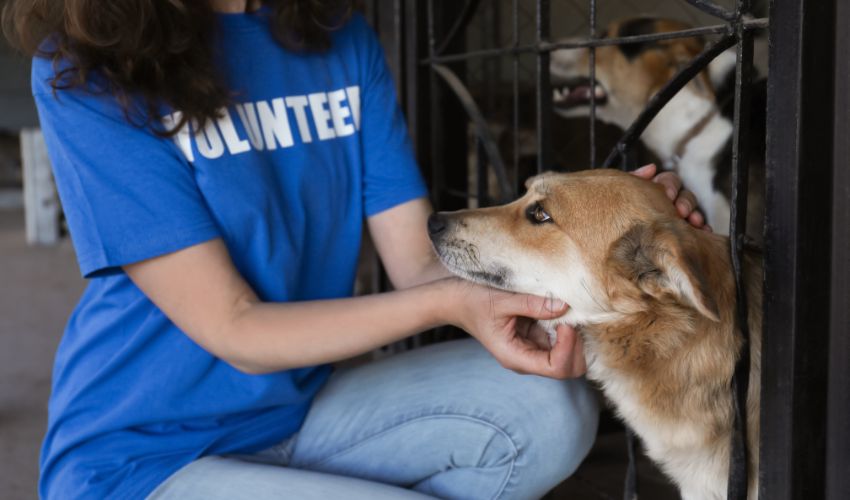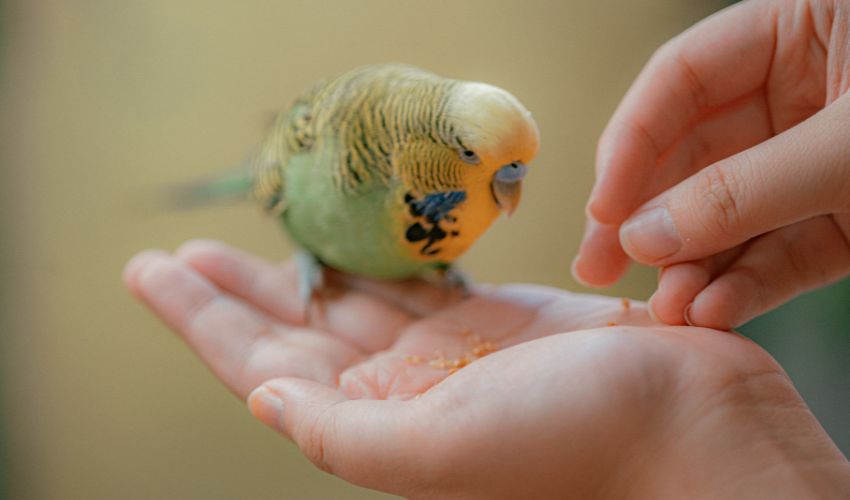“Everything we hear is an opinion, not a fact. Everything we see is a perspective, not the truth.” ― Marcus Aurelius, Meditations
It’s our perception that makes things good or bad. Define the word ‘good’ in your own words. Now define the word ‘bad,’ again in your own words. Is what you defined true? Is it fact or is it just as Marcus Aurelius says, an opinion. If we look to the dictionary (dictionary.com) we can find definitions of both of these words:
Good
- morally excellent; virtuous; righteous; pious

- satisfactory in quality, quantity, or degree
- of high quality; excellent.
Bad
- not good in any manner or degree.
- having a wicked or evil character; morally reprehensible:
- of poor or inferior quality; defective; deficient:
But what do these words really mean then and how are we applying them? What if you could query an animal for their definition, what would they respond with? What is ‘good’ to a lion or a bird or a rabbit? What is ‘bad’ to a snake or an antelope or a cat? If they could speak our language they would likely describe a situation or environment where food or water was good and plentiful or bad and non-existent. Maybe an area of land that was good for hunting for food or for raising their young. In each case they would likely focus on their environment or their perception of it, not on the other animals that share the same space as them. They wouldn’t say “that other rabbit is bad” or “that bird is a good one” they would answer from their perspective of just being. So when you stop and think about it, there really is no good or bad in the world until you inject human perception into the mix; there only is.
We process tons of information in our daily lives and we have to interpret this information at a frenetic pace so that we are not paralyzed to the point of being non-functional. We make decisions based upon the information we get, and often pass judgment and rate something or someone as good or bad based upon the information we receive; or more importantly, based upon our perception of the information that we received. Just like the animals do, humans still have innate instincts and perceive information received as good or bad, friend or foe, threat or haven. But while something might be tagged as ‘bad’ from our perspective, someone down the street from us could tag that same information a s ‘good.’ We forget that we are injecting our perspective into things and seeing the truth through the lens of our perspective which is unique to us.
s ‘good.’ We forget that we are injecting our perspective into things and seeing the truth through the lens of our perspective which is unique to us.
Without us there is no good or bad, there is only perception of the reality we live in. Nothing in the world is good or bad until we deem it to be so based upon our perspective of the information that we received. So whether you are deciding that a volunteer or particular rescue or shelter organization is good or bad, realize that your perception is influencing how you see them. Your past experiences, your upbringing, your beliefs and your motivation all skew the reality and put a perspective lens on things. It’s like looking through a kaleidoscope instead of a telescope. Once shows you the facts, the other, many variations thereof.











